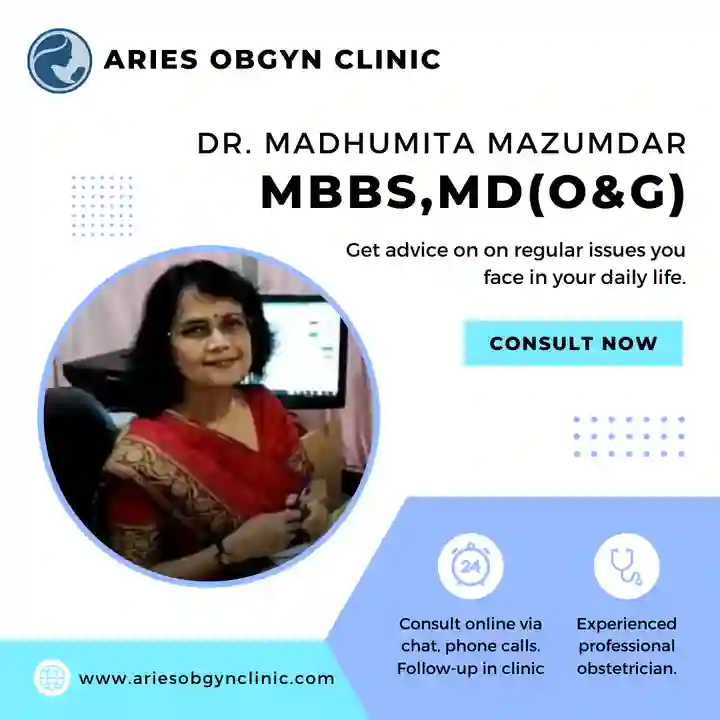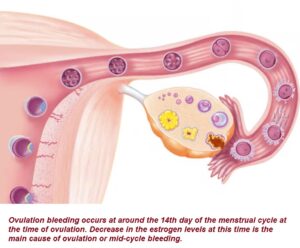Patient: Dr. Mazumdar, I’ve been experiencing pain in the lower part of my abdomen. What could be causing this?
Dr. Mazumdar: I understand you’re concerned about the abdominal pain you’re experiencing. During my examination, I noticed a lump in your lower abdomen. This could potentially be an ovarian cyst or an ovarian tumor, but we’ll need to do some tests to determine the exact cause.
Patient: That sounds worrying. What kind of tests do I need?
Dr. Mazumdar: Don’t worry just yet. To get a clearer picture, I’m recommending two main tests:
- An ultrasound of your pelvic area
- A blood test called CA-125
These tests will help us differentiate between a cyst and a tumor, and guide our next steps.
Patient: What’s the difference between a cyst and a tumor? Are they both dangerous?
Dr. Mazumdar: That’s a great question. Ovarian cysts are fluid-filled sacs that often form during the menstrual cycle. They’re usually benign and many disappear on their own. Ovarian tumors, on the other hand, are solid masses that can be either benign or malignant.
The ultrasound will help us visualize the structure, while the CA-125 blood test can be an indicator of ovarian cancer in some cases, though it’s not definitive on its own.
Patient: What happens after the tests?
Dr. Mazumdar: Once we have the results, we’ll determine the best course of action. If it’s a cyst, depending on its size and characteristics, we might just monitor it or consider medical treatment. However, if it turns out to be a tumor, surgery may be necessary to remove it and determine if it’s benign or malignant.
Patient: This is all quite overwhelming. Is there anything I should be particularly concerned about?
Dr. Mazumdar: I understand this can be anxiety-inducing, but try not to worry too much at this stage. Many ovarian masses are benign, especially in younger women. However, it’s important to investigate any unusual symptoms. If you experience sudden, severe abdominal pain, please seek immediate medical attention as this could indicate a complication like ovarian torsion.
Patient: Thank you, Dr. Mazumdar. What should I do next?
Dr. Mazumdar: Here’s what I recommend:
- Schedule the ultrasound and CA-125 blood test as soon as possible.
- Keep track of any changes in your symptoms.
- Try to stay calm – we don’t have a diagnosis yet.
- Feel free to call my office if you have any questions or concerns before your next appointment.
Remember, we’re partners in your health. We’ll face this together, step by step. Do you have any other questions for me?
Patient: No, I think you’ve covered everything. I’ll schedule those tests right away.
Dr. Mazumdar: Excellent. I’ll see you for a follow-up once we have the results. Take care, and don’t hesitate to reach out if you need anything.
Conclusion
If you’re experiencing persistent abdominal pain or notice any unusual changes in your body, it’s crucial to consult with your healthcare provider promptly. Early detection and proper diagnosis are key to effective treatment, whether you’re dealing with an ovarian cyst or a more serious condition. Remember, your health is a priority, and your doctor is there to guide you through any concerns or uncertainties.
Do you have any questions about ovarian health or reproductive issues? Feel free to ask in the comments below, and we’ll do our best to provide informative answers or direct you to appropriate resources.
If you’re feeling overwhelmed by symptoms or unsure about what steps to take next, don’t hesitate to consult a gynecologist online. Expert guidance is just a click away, providing you peace of mind and clarity in managing your health.


